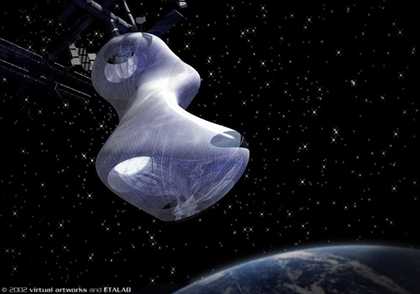“The scale at which images proliferate and the speed with which they travel has never been greater. Under these conditions, images appear to be free, but they carry a price” - David Joselit, After Art, 2012, p1
The increased use of technology in recent artistic practices has challenged, transformed and been well received by the arts market. This relationship between the artist, the museum institution and the market is an ongoing negotiation. Looking at the work of net.artists such as Heath Bunting, Danish collective SUPERFLEX and artist and theorist Hito Steyerl among others, this course, led by independent curator Helen Kaplinsky considers how digital technology is shifting ownership and access, both inside and outside the museum. Using Tate collections and galleries as a starting point, we will unpick how digital tools and the forces of globalisation are shaping new economies of art.
Week 1 (30 Oct): Introduction to Networked Ideology
In this first session, we introduce how digital network culture, such as peer-to-peer sharing and free software, has challenged market based ownership. Visiting Tate’s Media and Network Galleries, we will discuss how artists have employed horizontal communication networks.
See: Tate’s Media and Network Galleries
Week 2 (6 Nov): Surveilling digital subjects
The second session will consider the surveillance of artefacts and audiences alongside the founding principles of the public museum. Collection of audience data and the increasing transparency of institutional operation is transforming the relationship between ownership and public audience.
Optional Session: Sunday 12 November
Drop in session to see: SUPERFLEX, Copy Light/Factory, Turbine Hall
Week 3 (13 Nov): Curator of the Information Economy
With so much information flowing through our fingertips, in the age of big data, everyone becomes a curator of sorts. This session will consider new curatorial platforms employed in the digital age and the challenges impacting copyright with increased sharing of information.
Week 4 (20 Nov): Encrypting digital media
How do museums collect a website or a gif by an artist? We will look at examples of digital commissions Tate have produced, and early examples of online exhibitions. Pioneering projects will be presented and discussed, including digital conservation and start-ups selling digital artworks.
Biography
Helen Kaplinsky is an independent curator and writer based in London. She has undertaken fellowships with the Contemporary Art Society and the Arts Council Collection, both of which considered the relationship between property and collections, including work by net.art, New Media and post-internet artists. In recent years she has contributed to programmes at Whitechapel Gallery, South London Gallery, Tate (Britain and Liverpool), The Government Art Collection, ICA (London), The Photographers Gallery (London) and Foundation for Art and Creative Technology (Liverpool). She has programmed with and for project spaces in London key to supporting networked and post-internet practices including Banner Repeater, Arcadia Missa and Lima Zulu.

